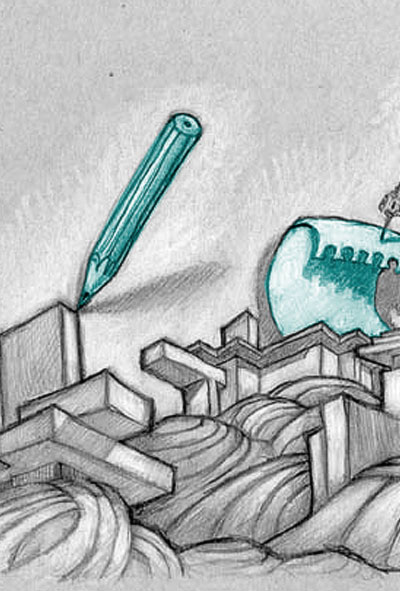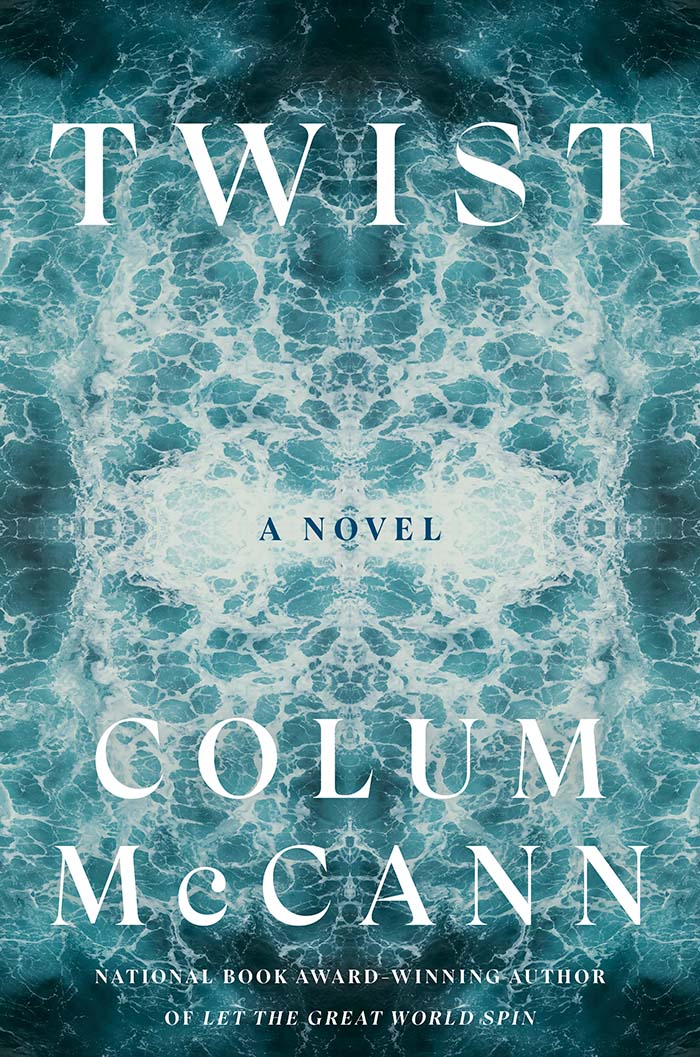
Your First Line
A first line should open up your ribcage. It should suggest that the world will never be the same again. It should be active. Plunge your reader into something urgent, interesting, informative. It should move your story, your poem, your play, forward. It should whisper in your ear that everything is about to change. Assure us that the world is not static. The story takes its cue from its opening note. Give us something concrete to hang onto. At the same time don’t panic. Don’t stuff the world into your first page. Let the story unfold at the same time. Think of it as a doorway. Once you get the reader through the door you can show him around the rest of the house. This, of course, is a bit like being told to walk the tightrope. Go ahead, then, walk the tightrope! Relax yourself into the tension of the wire. The first line, like the first step, is only the first of many, yet it sets the tone for what is to come. Try walking a foot off the ground, then two feet, then three. Eventually you might go a quarter mile in the sky. Then again, you might stumble and fall. It is, after all, a work of the imagination: you won’t die trying. At least not yet.
